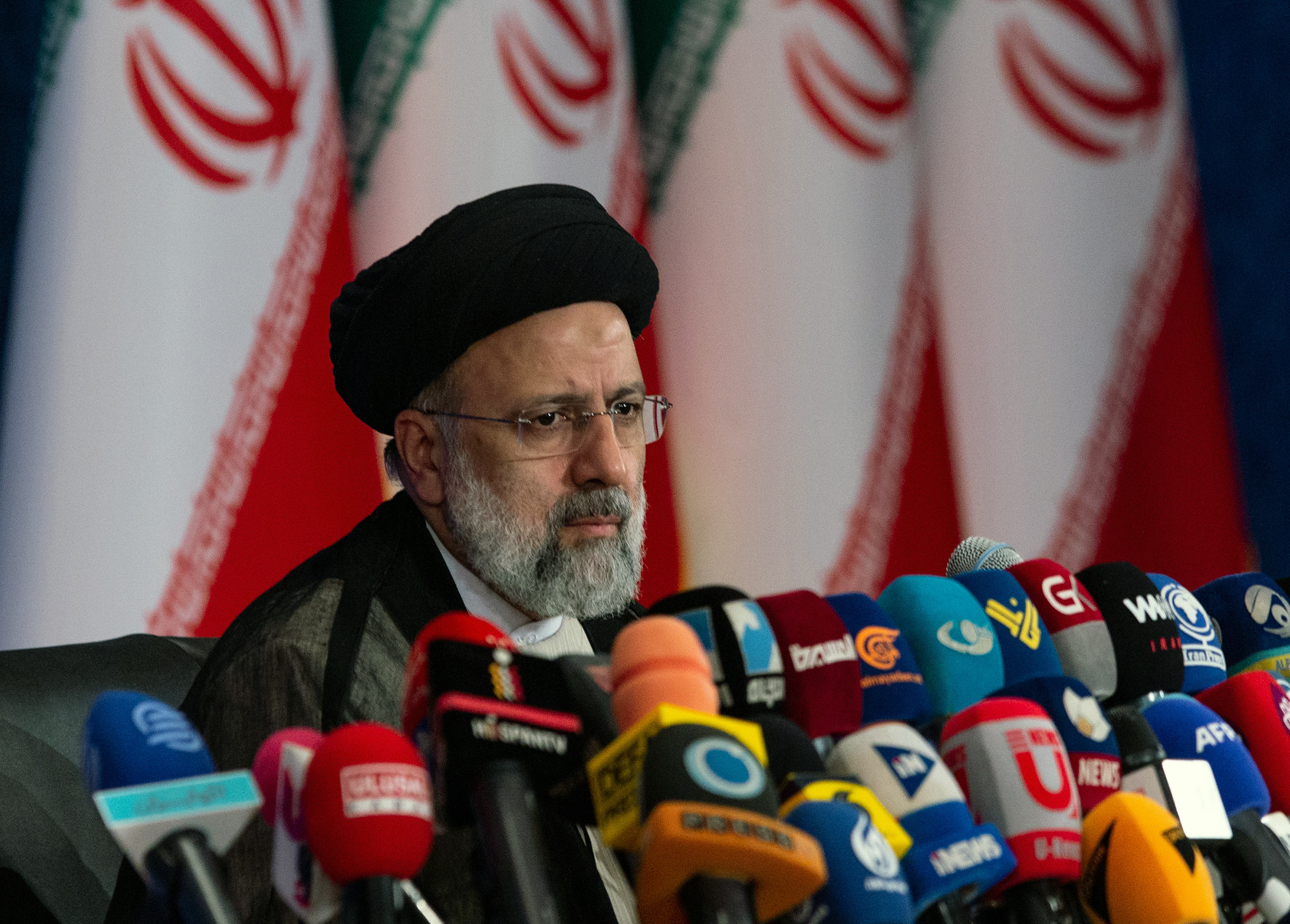When Ebrahim Raisi, an unremarkable 60-year-old cleric, was anointed Iran’s President in an engineered June 2021 election, the decisive vote was cast not by Iran’s population but its 82-year-old Supreme Leader Ayatollah Ali Khamenei, who has ruled since 1989 and sees in Raisi a loyal supplicant and potential successor.
Raisi’s résumé was honed in the 1980s, when he was complicit in the execution of thousands of political prisoners and religious minorities. As President, his already-limited popularity will further decline as he becomes accountable for a broken economy—ravaged by mismanagement, sanctions and COVID-19—that he cannot fix, and political and social repression he will surely intensify.
Raisi does not control Iran’s foreign policies, but his presence has already complicated the Biden Administration’s goal of reviving the 2015 nuclear deal that Donald Trump exited. Given Iran’s transformation from a theocracy ruled by Shi‘ite clerics to a military dictatorship ruled by Revolutionary Guards, if Raisi does become Iran’s next powerful clerical leader, he will likely be its last one.
Sadjadpour is a senior fellow at the Carnegie Endowment for International Peace
- How Donald Trump Won
- The Best Inventions of 2024
- Why Sleep Is the Key to Living Longer
- Robert Zemeckis Just Wants to Move You
- How to Break 8 Toxic Communication Habits
- Nicola Coughlan Bet on Herself—And Won
- Why Vinegar Is So Good for You
- Meet TIME's Newest Class of Next Generation Leaders
